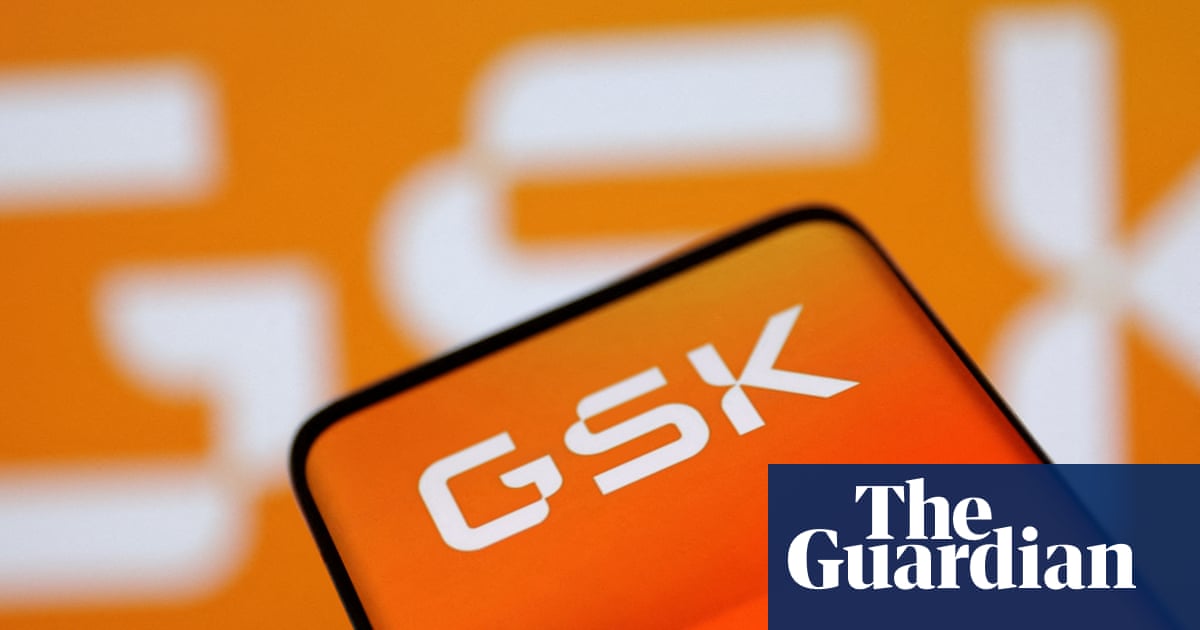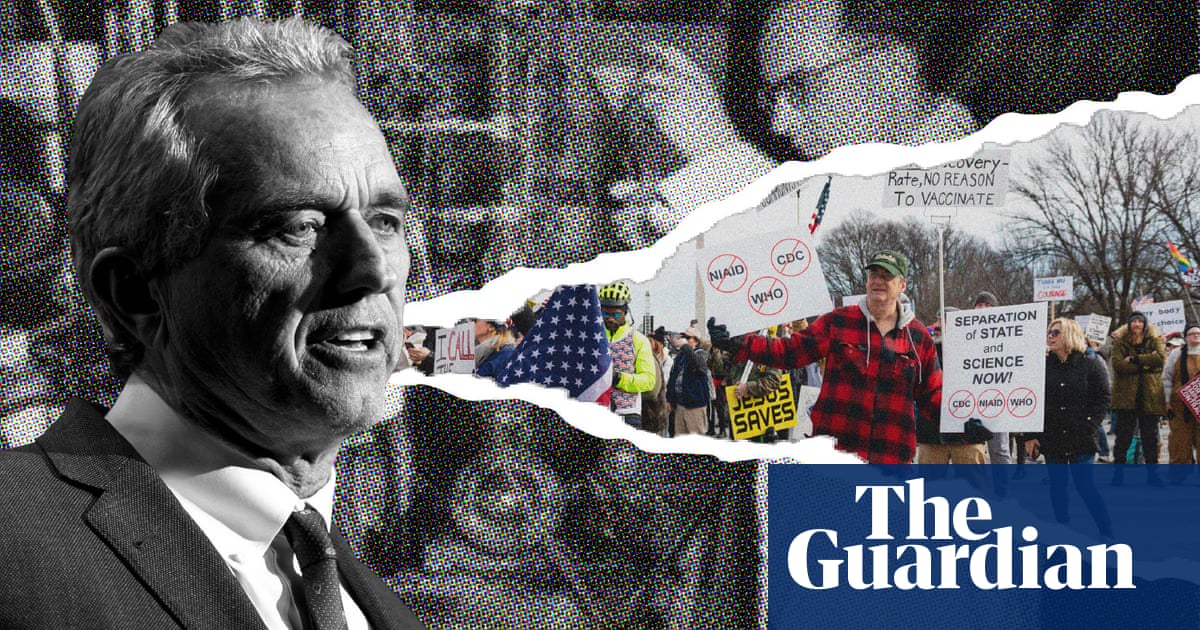China is bracing itself for four years of volatile relations with its biggest trading partner and geopolitical rival, as the dust settles on the news that Donald Trump will once again be in the White House.
On Thursday China’s president, Xi Jinping, congratulated Trump on his victory and said that the two countries must “get along with each other in the new era”, according to a Chinese government readout.
“A stable, healthy and sustainable China-US relationship is in the common interest of both countries and is in line with the expectations of the international community,” Xi said.
But the reality is that Trump’s second presidency, which will begin as China grapples with a difficult economic situation and an entrenched, bipartisan hawkishness in Washington, will be a challenge for Beijing.
“Trump 2.0 is likely to be more destructive than the 2017 version,” said Wang Dong, a professor of international relations at Peking University, in a pre-election interview with Chinese media.
“Compared with his first term in office in 2017, Trump’s views in his second campaign in 2024 have not changed much, but the domestic situation and international environment have changed dramatically … during the Trump 2.0 period, China and the United States are likely to have constant friction and conflict”.
The trade war ‘will be worse’
Analysts have said Trump’s approach to China will be hard to predict. During his last presidency he swung from praising Xi as a great leader and friend, to presiding over a raft of hawkish policies and waging a trade war that pitted the world’s two biggest economies against each other.
Xi, now presiding over a far worse domestic economy, is likely hoping to avoid a repeat of the trade war, but may be out of luck. During the campaign, Trump promised to impose tariffs of 60% on all Chinese imports, which could affect $500bn worth of goods, asset managers PineBridge Investments suggested to Reuters.

Yu Jie, a senior research fellow at Chatham House, said that policymakers in Beijing have been preparing for a Trump victory for months. The trade war “will be worse than the first term of Trump,” Yu said. So the Chinese government is trying to lessen its exposure to the US ahead of time.
One approach has been to increase China’s trade volumes with global south countries. In September, at the Forum on China-Africa Cooperation summit in Beijing, Xi announced that China would introduce a regime of zero tariffs for developing countries that have diplomatic relations with Beijing, including 33 in Africa. Such policies stand in stark contrast to the economic barriers between China and the US.
And amid restrictions from the US and its allies on China’s ability to purchase the most advanced technology for making semiconductors, Chinese firms have become focused on building their own alternatives.
The Ministry of Industry and Information Technology recently revealed that it had built a lithography scanner capable of producing chips as small as 65 nanometers. That is still well behind the most cutting-edge technology made by ASML, the Dutch company that has been blocked from selling certain equipment to China because of a Dutch government agreement with the US, but it is still an improvement on where China’s capabilities were even two years ago.
‘A poisoned chalice’
When it comes to geopolitics, Trump’s unorthodox approach may be an opportunity for Beijing, some analysts noted. With Trump in the White House, “there will be no violence in Taiwan,” said Shen Dingli, a senior international relations scholar in Shanghai. “He will make a deal”.
Whether or not any such deal would be acceptable to either Beijing or Taipei is another matter. Trump’s position on Taiwan, which China regards as part of its territory, has been very unclear. During his first presidential term the US increased arms sales to Taiwan and lifted restrictions on contacts between US and Taiwanese officials.
However earlier this year Trump called into question the US’s continued support of Taiwan, accusing it of stealing American semiconductor industry, and suggesting Taiwan should pay for US protection.
But in an interview last month, Trump said that that he wouldn’t have to use military force to prevent a blockade on Taiwan – one mooted option for a possible Chinese attempt at annexing it – because Xi “respects me and he knows I’m f— crazy”, he was quoted as saying.

He promised tariffs of 150-200% if China tried a blockade. But that too raises complications. There are reportedly hundreds of Taiwanese businesses in China, who would all be vulnerable to China-targeted tariffs. On Thursday, Taipei said it would help Taiwanese businesses to relocate production from China, ahead of Trump tariffs. Economy minister JW Kuo said the impact on the businesses otherwise would be “quite large”.
Drew Thompson, senior fellow at the S. Rajaratnam school of international studies says Trump would be unlikely to use Taiwan as a bargaining chip in any “deal” with Xi. If only because Xi is unlikely to accept it as one.
“The trade itself is a poisoned chalice for Xi because he is conceding [Taiwan] is not already part of China and he needs to trade for it.”
Alexander Huang, an associate professor at Tamkang University, told a panel in Taipei on Thursday that while Trump’s behaviour may be unpredictable, his logic was not. “He does not want the US to be taken advantage of,” Huang said, suggesting that if Trump were to commit US forces to defend Taiwan against China, it would be purely to protect US interests.
One of the major sticking points in China’s relationship with the west in recent years has been its continued economic and political support for Russia during the invasion of Ukraine. Xi presents himself as a global statesman who can help to broker peace, but western analysts say that China’s deepening economic and political ties have prolonged rather than resolved the crisis.
Trump has claimed that he could end the war “in 24 hours”. But many US allies fear the more likely outcome is that Trump reduces the flow of military aid to Ukraine, or pressures Kyiv to accept a deal in which it loses control of some territory to Russia.
“If Trump’s support to Ukraine reduces, that gives China a chance to jump to the negotiating table,” Yu said. Along with the ongoing war in Gaza, “Beijing will exploit the line that the US is the single most destructive force in the world, while Beijing brings stability”.

.png) 2 months ago
19
2 months ago
19













































